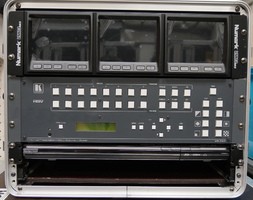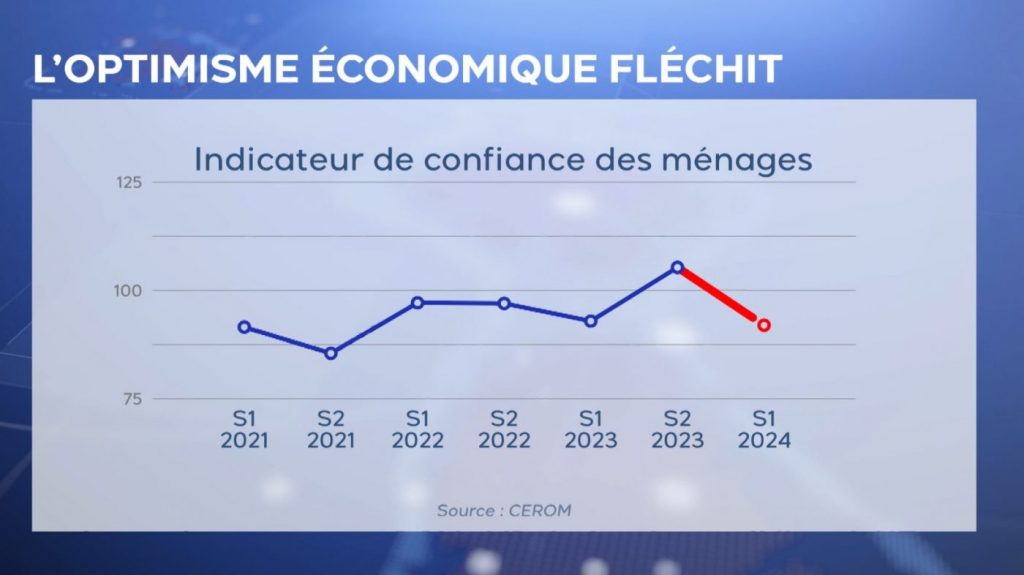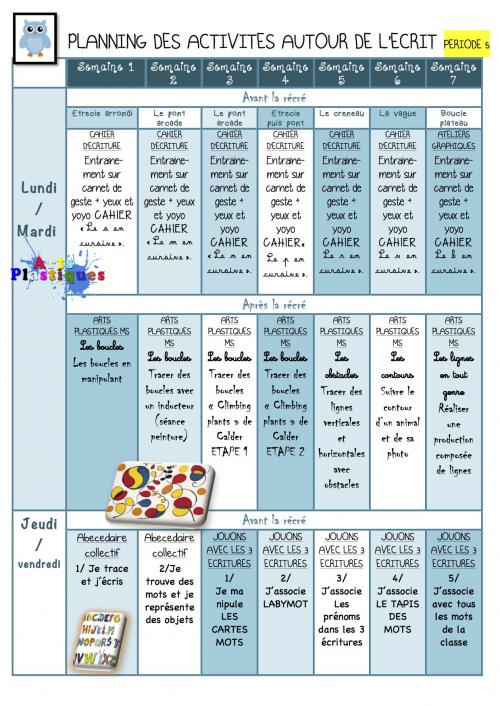The Dutch site www.overheid.nl has recently published a document related to a consultation on copyright. It would be to see if changing the Dutch law on copyright and related rights, it would not be possible to introduce additional remuneration to audiovisual authors and artists (including for cable rights).
Dutch proposal also helps to understand recent changes in Belgian law.
A word of explanation.
Dutch law for little help for Dutch authors and artists
Dutch Copyright Law (art. 45d) contains provisions relating to the remuneration that may be paid authors and artists in relation to audiovisual exploitations of their works and performances.
Article 45d provides, as in Belgium under the Law of 30 June 1994 on copyright and related rights (LDA), that except as otherwise provided, the author/artist gives its producer its audiovisual rights. In return, authors and artists have a right to equitable remuneration for each mode of exploitation of works/services.
However, nothing prevented the author or the artist to transfer those rights to the producer. This point has already been denounced many times.
Consultation to provide non transferable compensation
The Dutch government site, on March 10th, 2014, published a consultation in order to overcome the shortcomings of the current texts. You had to answer it before April 9th, 2014.
This consultation has to be inserted in the discussions that are taking place in the Netherlands since 2010 on amendments relating to copyright contracts. Note that today’s consultation intends to amend an article of the Dutch law that the consultation in contract also intends to change but in different words ! It should to be analyzed whether the provisions of 2014 do not forget positive additions proposed in 2010 …
Dutch proposals of March 2014 pick up almost word for word the provisions that now exist in our Book XI of the Belgian Code of Economic Law.
So now, for audiovisual rights (excluding for rights cable), authors and artists will have the right to receive via their producer a non transferable fair remuneration and so no matter how the authors and artists have assigned their rights to the producer (via the presumption of via a contractual assignment).
In addition, authors and artists who have made a substantial contribution to the work will be entitled through their respective collective management organisation to proportionate additional remuneration from the operator who used theirs works or services (from the cable operator for example). It is not here added in the Law that the authors / artists can not transfer these additional payments to their producer…
Clarification which also reveals explain the recent Belgian modifications
The text accompanying the proposed amendments to Article 45d is very interesting. Indeed, since the issues are the same from country to country, the text also sheds light on recent Belgian changes.
The Dutch government has removed the precision that the producer must pay authors and artists for each mode of exploitation of their works or services.
Therefore, the fair remuneration (and non transferable) to be paid by the producer to authors and artists in audiovisual rights may be paid once provided it is fair.
This payment must also cover the equitable remuneration under Article 5 of the Directive on rental and lending right and on certain rights related to copyright in the field of Intellectual Property from 2006. This article states that :
” 1. Where an author or performer has transferred or assigned his rental right concerning a phonogram or an original or copy of a film to a phonogram or film producer, that author or performer shall retain the right to obtain an equitable remuneration for the rental. 2. The right to obtain an equitable remuneration for rental cannot be waived by authors or performers.”.
The Dutch consultation states that compensation should also include exploitations such as the put in the physical trade in DVD or Blu- Ray as well as all communications to the public against payment in any form whatsoever (eg , movie exploitations).
Comments also allow to know who are the authors/artists who have made a substantial contribution to a work giving them the right to receive, in addition, additional remuneration such as cable rights.
Those are the authors of musical scores, writers, director and major players in the audiovisual work.
The proportionate and fair compensation will be due, for example, under the catch- up TV exploitation (“Uitzending gemist” – this is service for watching TV shows that we have missed via internet) or other models of video on demand. This additional compensation may not be prohibitive or unreasonable so to block and prevent all forms of exploitation films but still proportional to the income of the users. In this regard, the comments mention (while legislative amendments say nothing about it) that the proportional remuneration may not exceed 10% of the income of the user and they will come above the remuneration that the operator must have to pay the producer.
The preparatory work of the Belgian codification put no barrier to future additional remuneration of authors and artists. In addition, it states and contrary to what the Dutch comments say that the additional remuneration did not come in excess of the amounts currently paid by the operators to the producers.
The Dutch government will encourage the collecting societies and operators to collaborate via a one-stop- shop. Our codification does not say anything else.
If the parties fail to agree on the level of audiovisual equitable remuneration, they may submit their dispute to a still future consultative body that the general proposition in contract of 2010 intends to implement.
Entry into force
The collecting societies may perceive the new remunerations only for movies that are completed at the time of entry into force of the new provisions.
Pictures: Copyright designed by Thomas Hirter, Conference designed by Wilson Joseph & Clog designed by Jamil Ramirez from the Noun Project – Creative Commons – Attribution (CC BY 3.0)


















